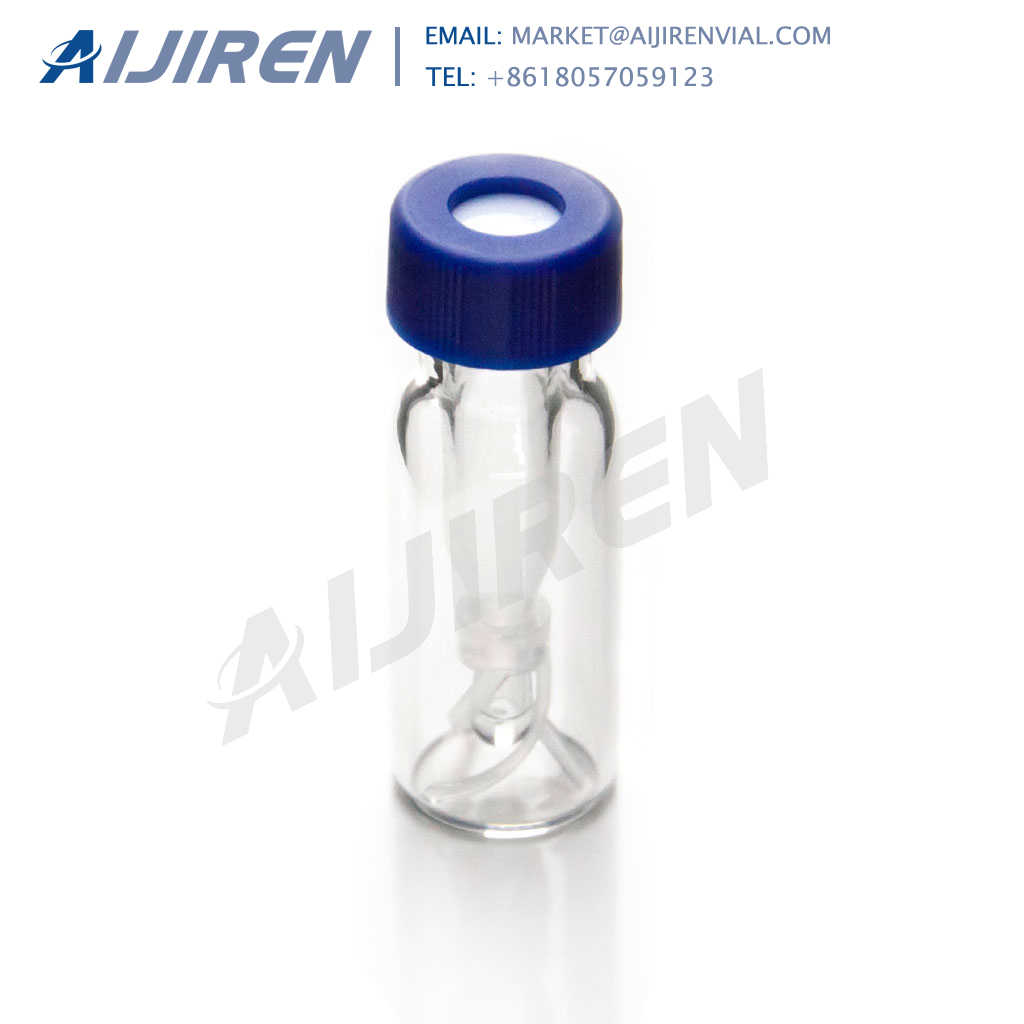
Membrane filtration technology is emerging as an increasingly viable solution for water and wastewater treatment due to its ability to produce high-quality effluent. Membrane filter technique is generally viewed as part of an advanced treatment system, used to achieve a higher level of standardized water & wastewater treatment depending on
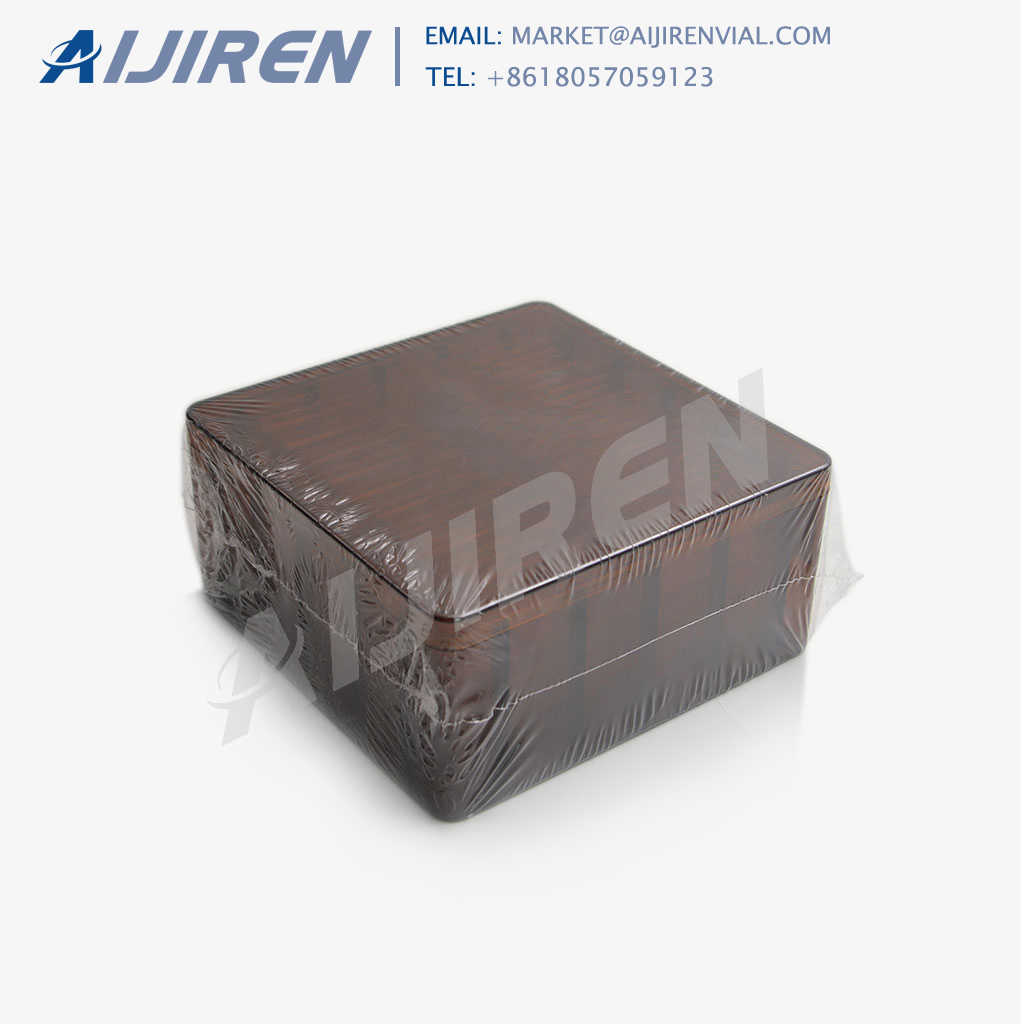
Membrane Technology Selective Transport Synder Filtration’s polymeric membranes are used to separate, concentrate, or fractionate a wide variety of liquids. Membranes serve as a thin barrier between miscible fluids that allow for preferential transport of one or more feed components when a driving force is applied, such as a pressure
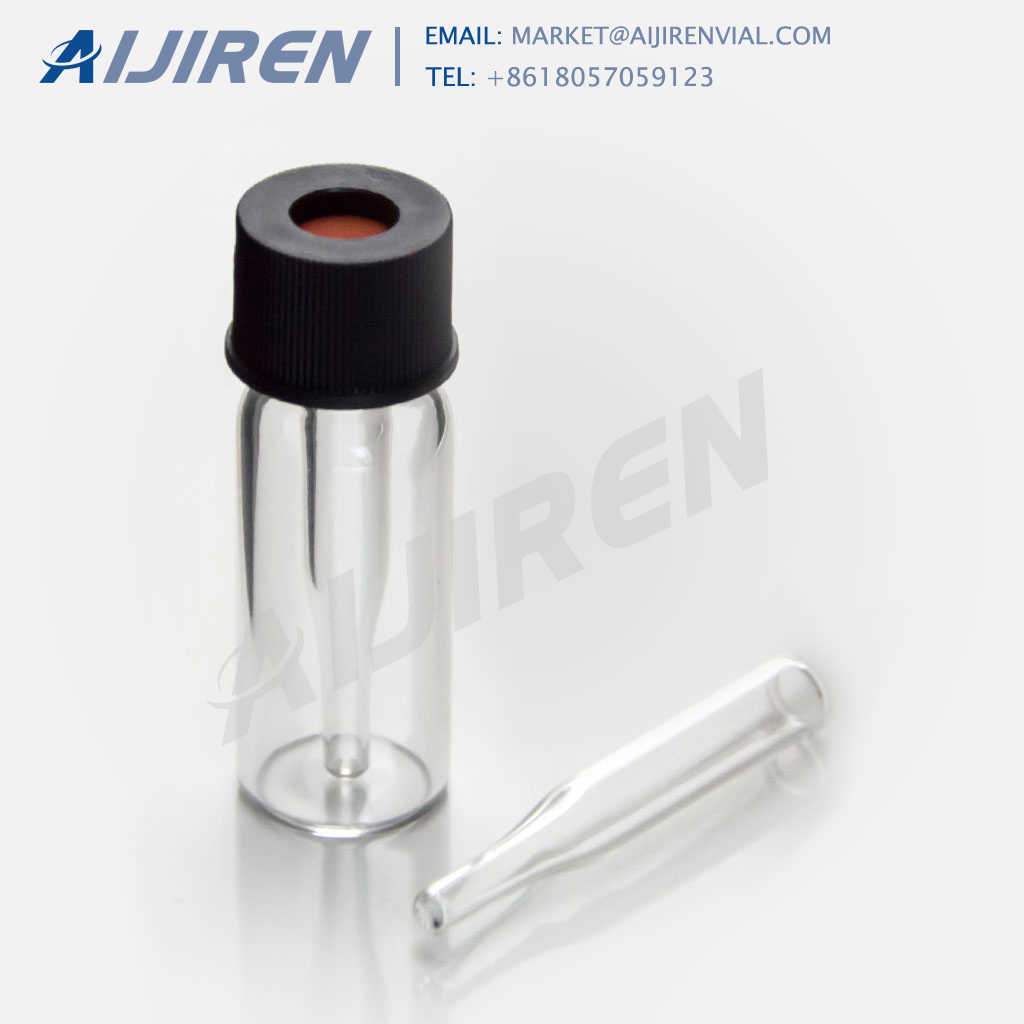
Membrane Filtration Technology. The ability to filter and separate materials from one another is crucial to modern life across a diverse range of industries. Whether removing grounds from a cup of coffee to creating drinking water from sea water to vaccine development and production, the quality and effectiveness of many products depends on
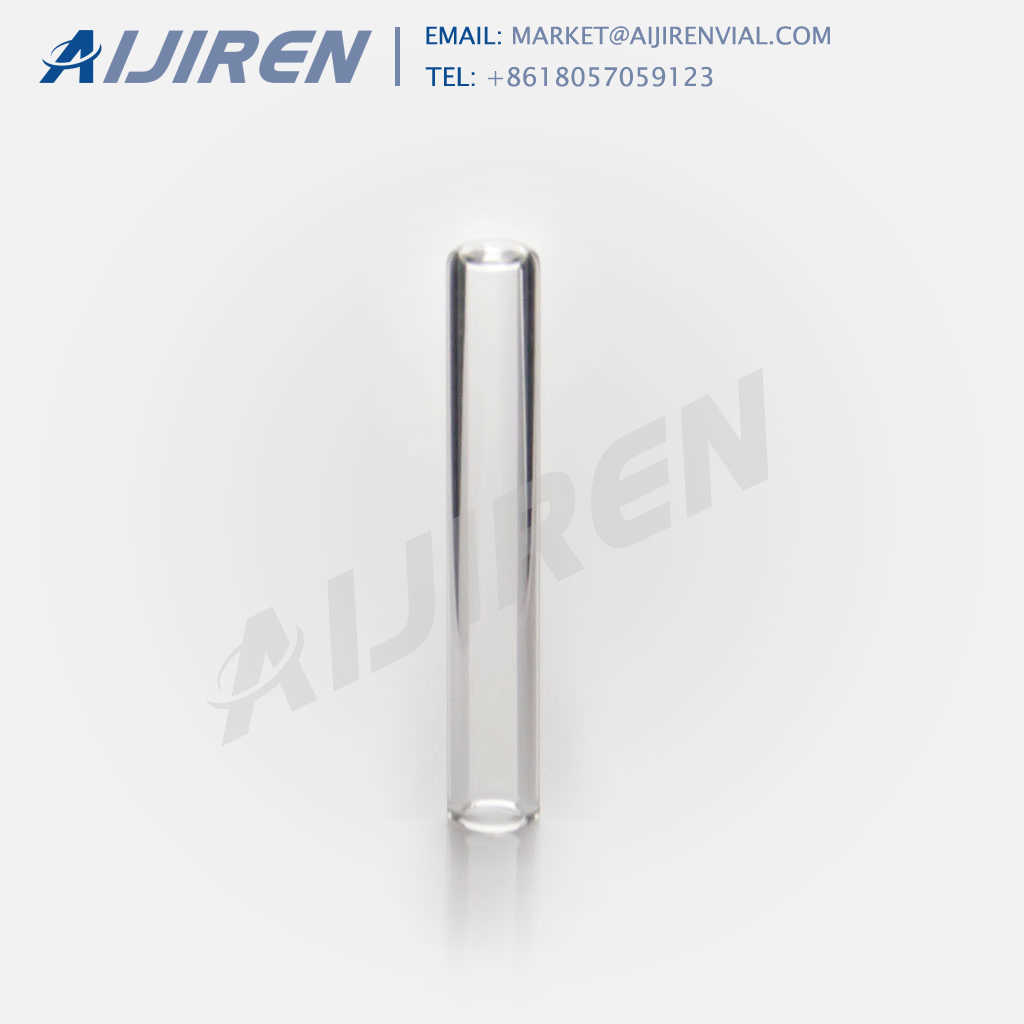
Oct 12, 2021 · The membrane is a physical obstruction that, depending on its physical and/or chemical properties, allows certain compounds to pass through the membrane. So membrane filtration is a physical procedure for particle separation of particles by means of semi-permeable membranes. Membrane filtration is a rapidly expanding field in water treatment.
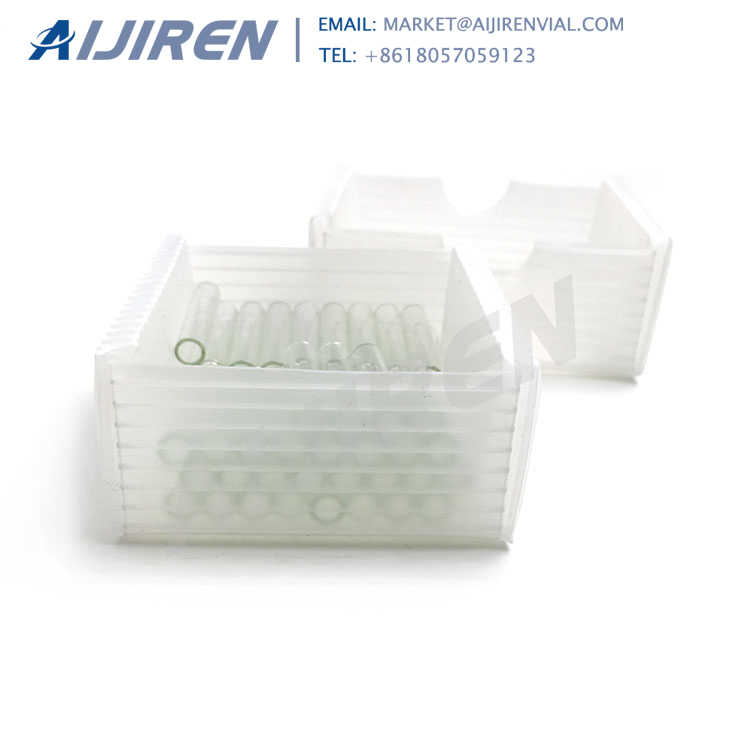
Membrane Filtration technology Solutions can increase process performance, reduce costs, save energy and water, improve or create new sustainable revenue streams from utilising Microfiltration, Ultrafiltration, Nanofiltration, and Reverse Osmosis technology.They manufacture Crossflow filtration & separation technology.

Kemco’s ceramic membrane filtration system utilizes cross-flow filtration technology, which allows wastewater to pass through ceramic elements located in filter modules before passing through filter element pores in order to produce a properly treated filtrate. After being filtered, the water is then sent to a storage system to complete the
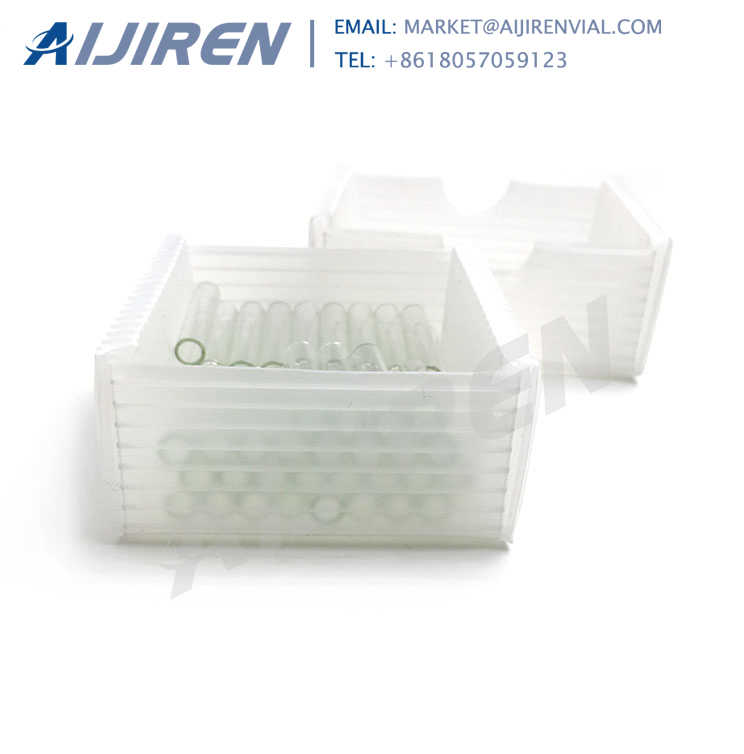
Jan 27, 2021 · Membrane filters are commonly utilized in laboratories and industries where there is a need to sterilize heat-labile fluid materials. Useful to keep track and monitor bacteria in the pharmaceutical, cosmetics, electronics, and food and beverage industries. Allows for removal of bacteriostatic or tidal agents that would not be removed in other
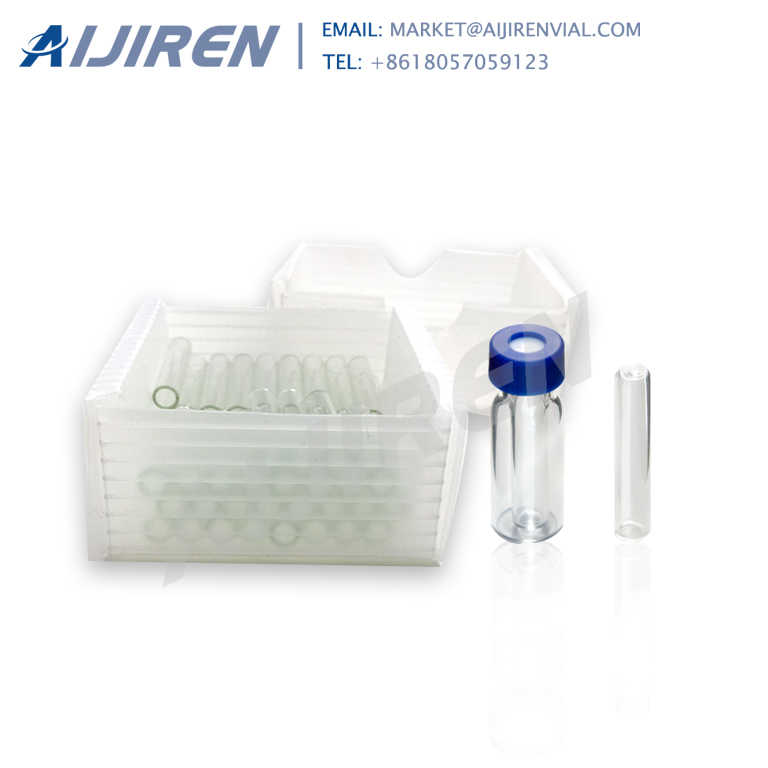
Membrane filtration is a technology that separates a liquid into two streams using a semi-permeable membrane. A difference in pressure forces the components that are smaller than the membrane pores through the membrane as "permeate". The remaining components are retained as "retentate". A substantial flow moving parallel to the membrane
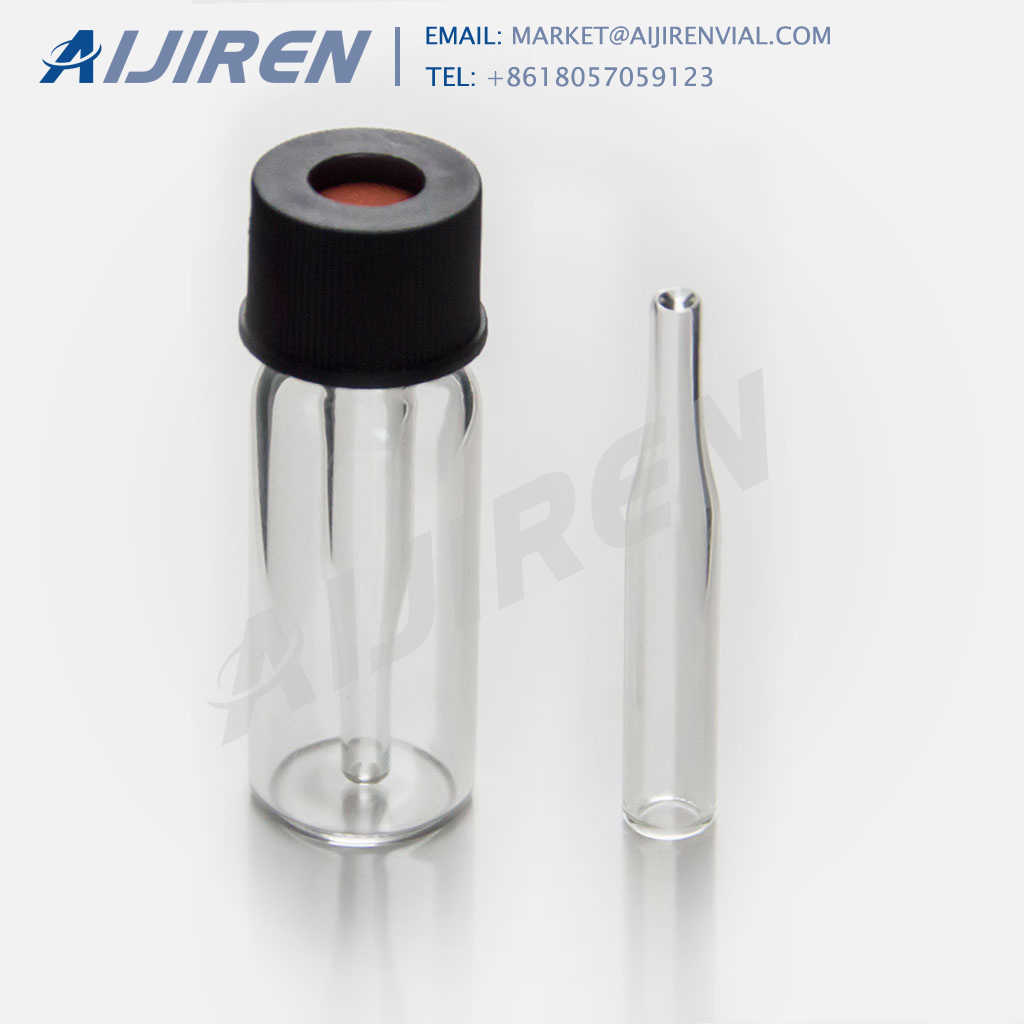
Aug 13, 2019 · Ultrafiltration Membrane Filtration Technology (UF). Ultrafiltration membrane (UF) is a kind of membrane process between microfiltration and nanofiltration.
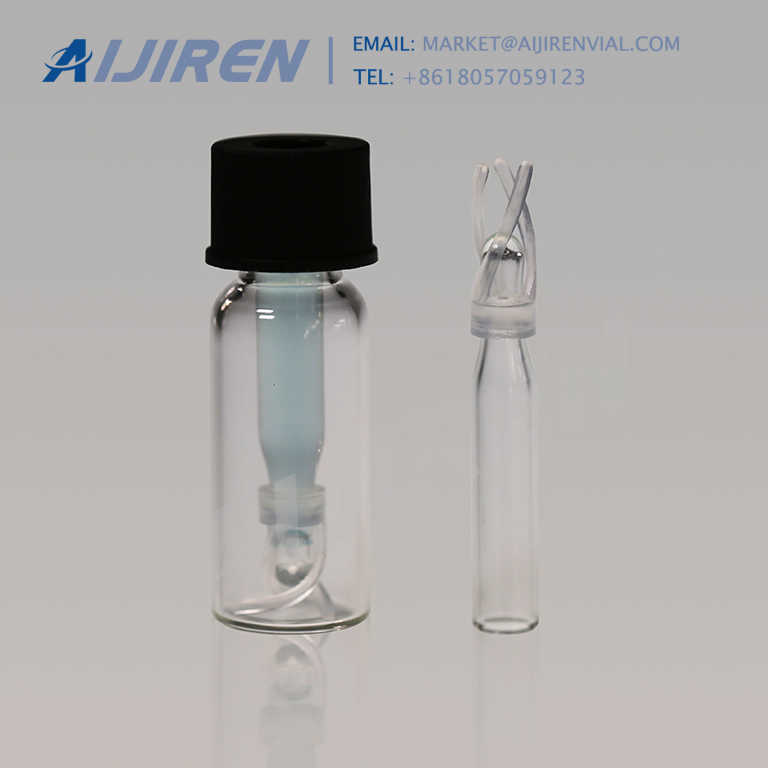
Oct 01, 2019 · Membrane technology used for removing solids in wastewater treatment is usually based on ultrafiltration or microfiltration. The membranes can be introduced into the biological wastewater treatment process either as: integrated into a biological process. If the membranes are added as a separate unit operation, they are often referred to as a
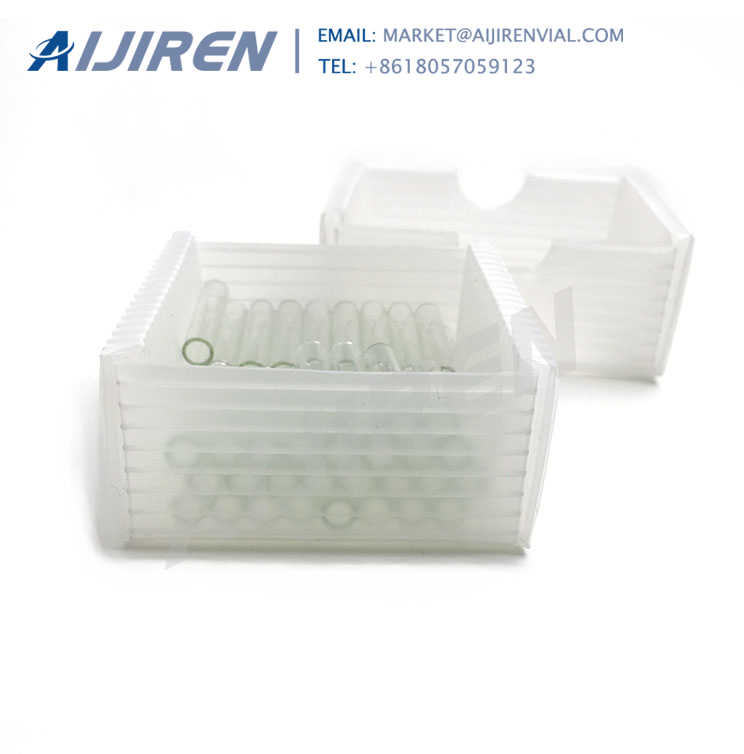
The Technology. filtration process based on physical separation; typically, it works without using any chemicals; the membrane is semi-permeable i.e. certain substances or particles can go through the membrane and other substances are caught; which substances can go through or cannot go through is depend on the pore size of the membrane; substances or particles that have diameter bigger than the pore size will be trapped by the membrane, therefore size of the membrane pore is the factor
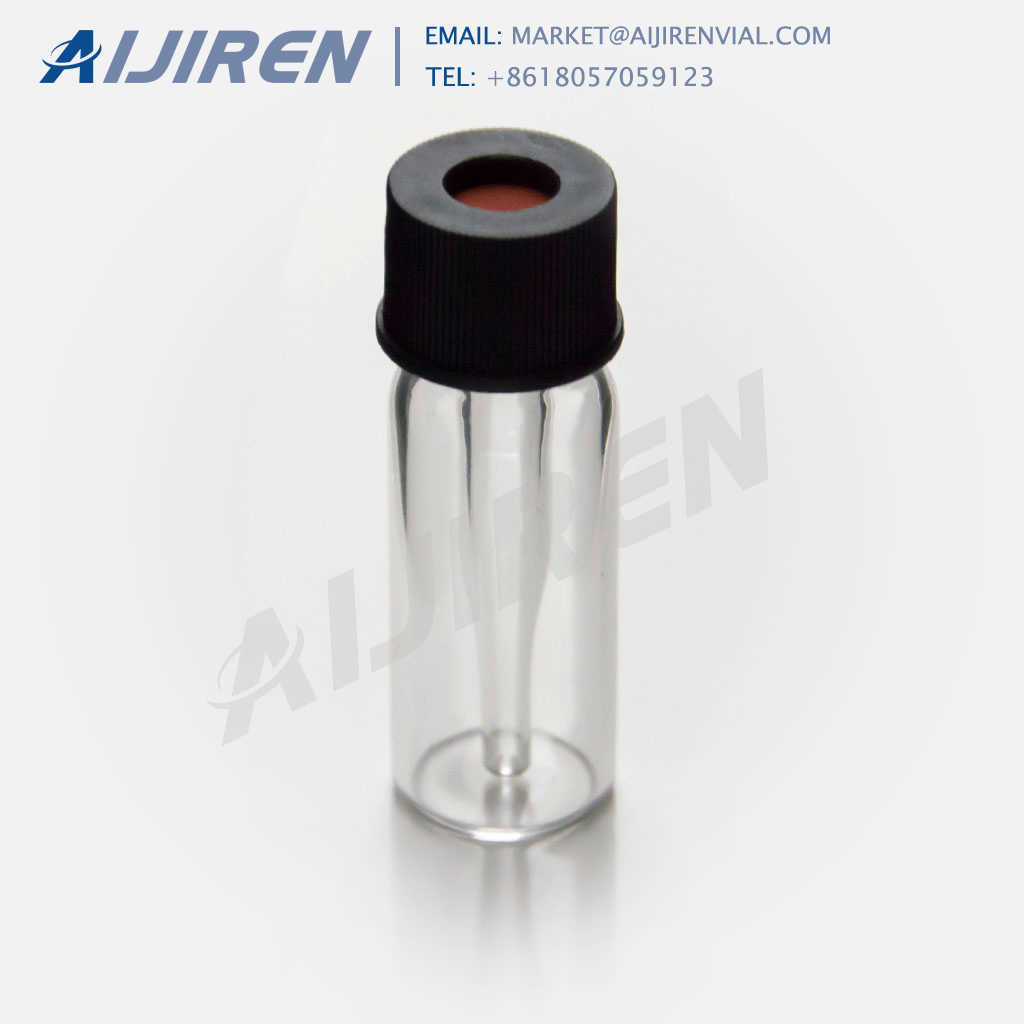
Membrane Filtration Technology UF Membrane Filtration Technology (UF) Ultrafiltration membrane (UF) is a membrane process between microfiltration and nanofiltration. It uses the principle of separation by sieving. The molecular weight cutoff for organics is from 3000 to 300,000 Dalton. It is suitable for macromolecules and small molecules.
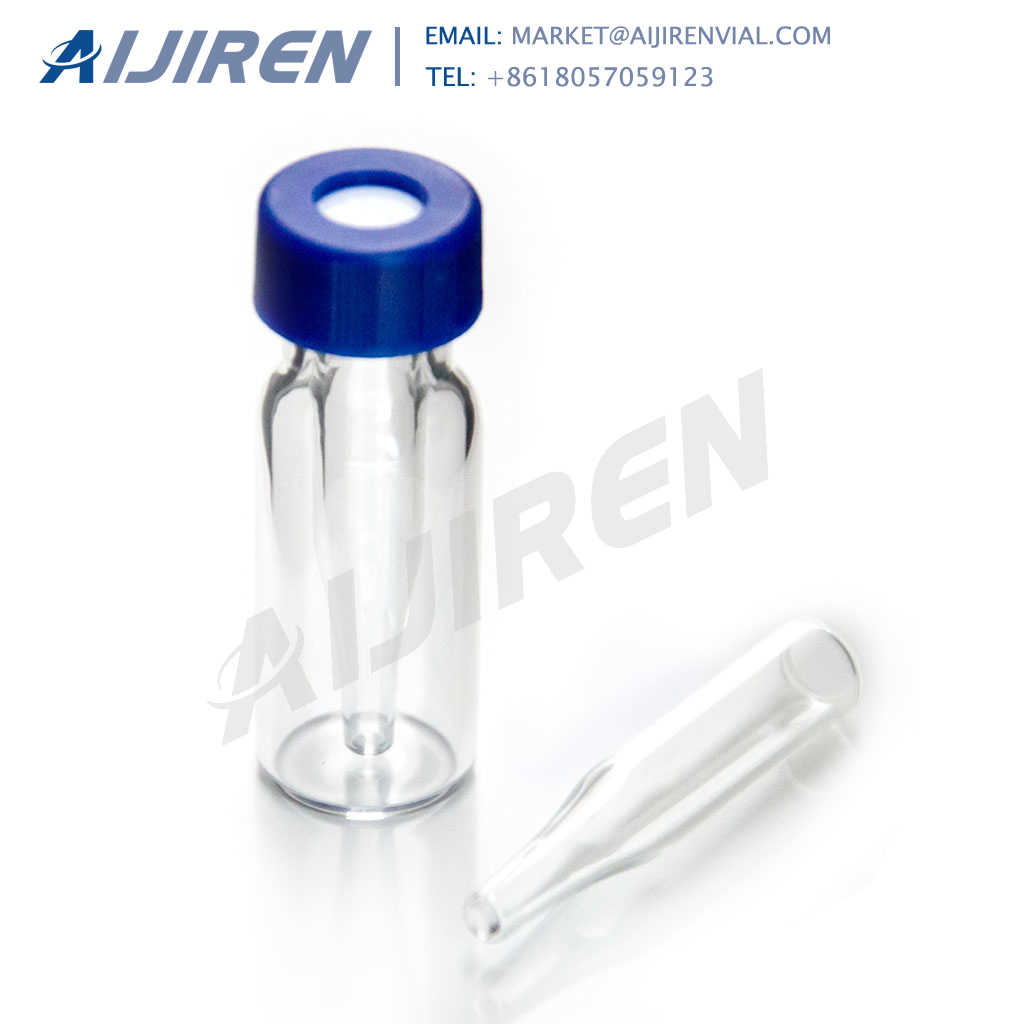
The filtration by membrane technologies are increasingly being used in the productive processes of numerous industries. Their capacity to separate extracts and specific natural essences at low or ambient temperatures makes filtration by membranes a more profitable technology than other traditional methods.
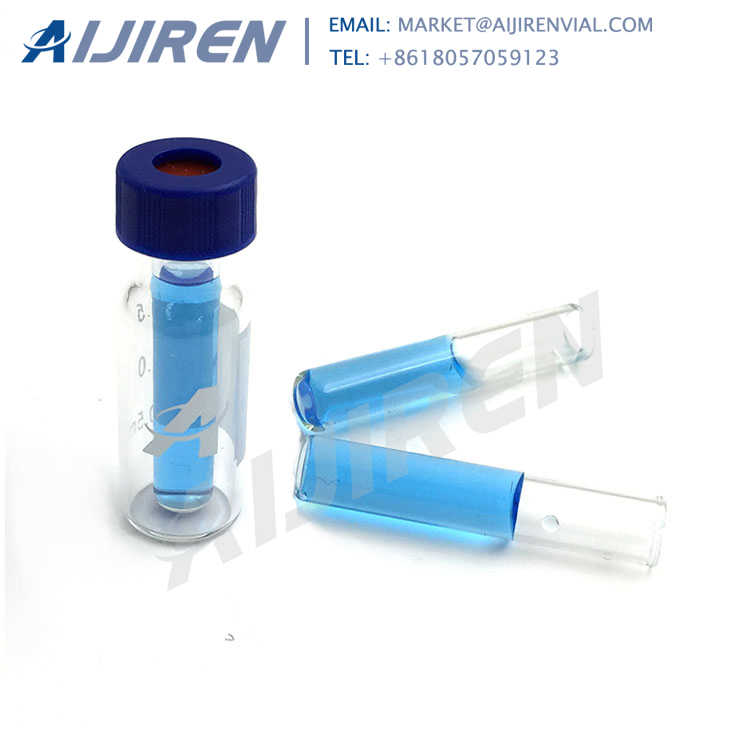
Membrane technologies can be used in combination, such as ultrafiltration followed by reverse osmosis for seawater desalination processes, and microfiltration followed by nanofiltration for clarification of fermentation broth and product concentration.
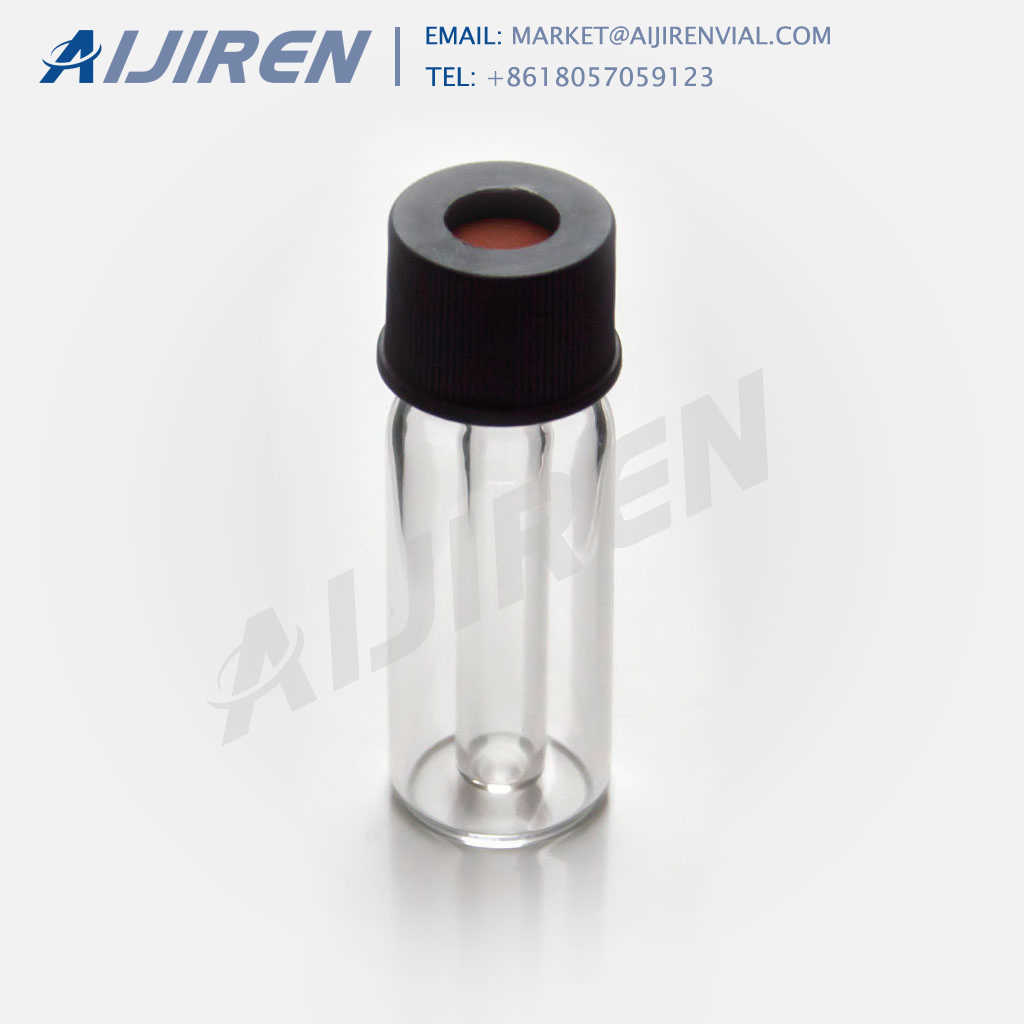
Membrane filters act as a barrier to separate contaminants from water, or they remove the particles contaminating the water. Reverse osmosis, ultrafiltration, and nanofiltration all use a membrane in their different filtration processes. Our Master Water Specialist, John Woodard, explains what a membrane filter is and how it works inside different water filtration systems.